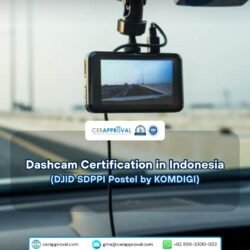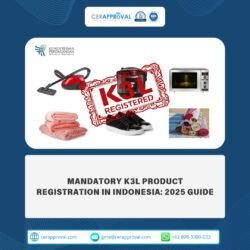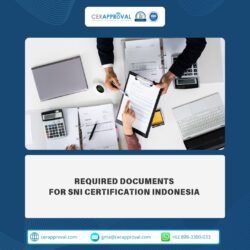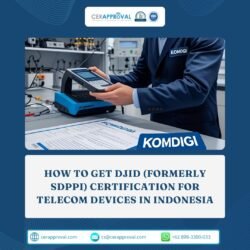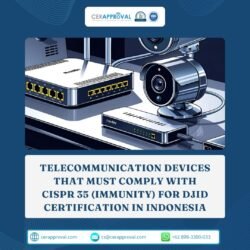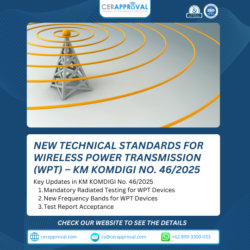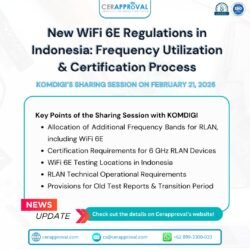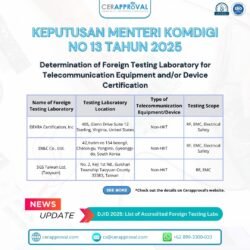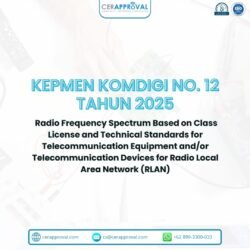Dashcam Certification in Indonesia (DJID SDPPI Postel KOMDIGI)
Dashcams are becoming increasingly common in Indonesia due to the growing need for trip documentation, driver safety, and visual evidence during accidents. For personal vehicles and commercial fleets, dashcams play a crucial role in supporting safety and operational efficiency.

